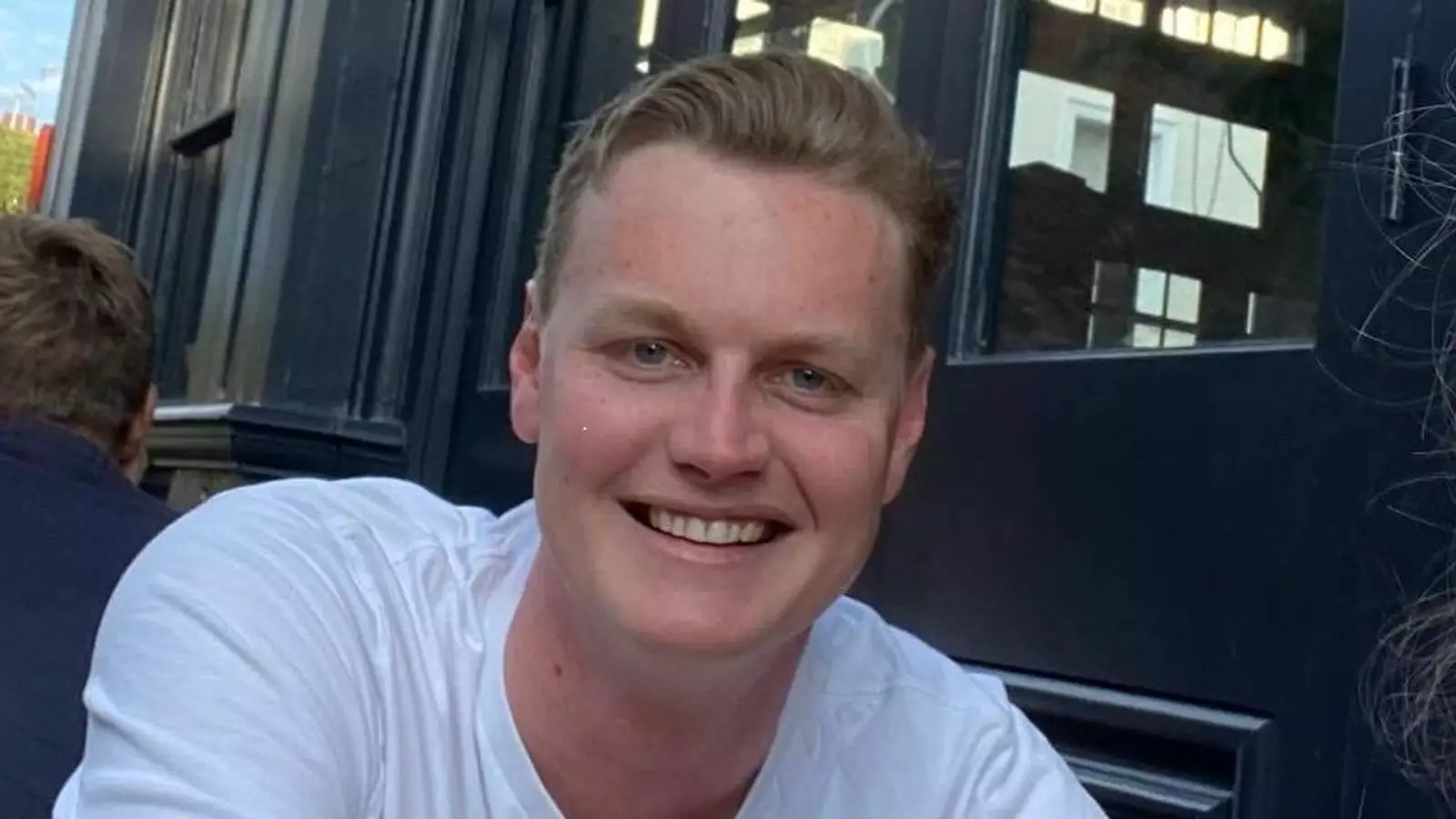On New Year’s Day, the vibrant streets of New Orleans were shattered by a horrific act of violence, leaving a profound sense of sorrow in its wake. Among the victims of this tragic event was Edward Pettifer, a 31-year-old man from Chelsea, London, whose life was cut short in an attack that took the lives of fourteen individuals and injured dozens more. The Metropolitan Police confirmed that Pettifer succumbed to blunt force injuries during the incident that unfolded on Bourbon Street, a locale renowned for its festive atmosphere and celebratory spirit.
Pettifer’s family has expressed their inconsolable grief, mourning the loss of a beloved son, brother, and friend. Their heartfelt statement encapsulated the tremendous void left by his untimely death, and their desire for privacy during this painful time reflects the heavy burden of loss that they are grappling with. This tragedy not only impacts those directly involved but also reverberates throughout the broader community, reminding us of the fragility of life in the face of senseless violence.
The circumstances surrounding Edward Pettifer’s death raise crucial questions about the nature of modern-day terrorism. The attack was carried out by Shamsud-Din Jabbar, a 42-year-old army veteran, who purposefully drove his vehicle into pedestrians before engaging in a deadly confrontation with law enforcement. The Federal Bureau of Investigation (FBI) labeled this act as premeditated and heavily inspired by ISIS, identifying Jabbar’s motivations as part of a larger narrative of violent extremism that targets innocent lives indiscriminately.
According to the federal investigations, Jabbar’s preparation for this assault involved the dissemination of pro-ISIS statements through social media, revealing a disturbing willingness to embrace extremist ideologies. The discovery of an Islamic State flag and weapons in his vehicle, along with the presence of an improvised explosive device (IED), underscores the premeditated nature of this heinous act, directly linking it to the ongoing threat posed by global terrorism.
The aftermath of such tragedies presents significant challenges for the affected communities. In New Orleans, where the vibrancy of life is a defining characteristic, the scars of this attack will likely linger. Families and friends of the victims face not only grief but also the broader implications of living in a society where such violence can erupt unexpectedly. The community’s resilience will be tested as they seek to honor those lost while also ensuring that safety and security return to their streets.
As noted by the coroner’s office, the victims represented a diverse array of backgrounds, further emphasizing the indiscriminate reality of such violence. This attack has rippling effects that extend well beyond the immediate victims, touching each corner of the community and beyond. As the city begins to heal, it will be crucial for civic leaders and community members alike to engage in dialogues about safety, solidarity, and the importance of togetherness in resisting the divisive narratives that fuel acts of terror.
In light of this tragedy, a collective response that fosters understanding and peace is imperative. Messages of condolences from figures such as the King of the United Kingdom echo a sentiment of shared humanity, transcending borders and cultural differences as we grieve together. The global nature of current threats invites us to rethink our responses to terrorism and violence, urging not just political leaders but all citizens to build bridges of understanding and resilience within their communities.
As we remember Edward Pettifer and his fellow victims, it is vital to cultivate an environment that prioritizes compassion over fear, aiming to dismantle the ideologies that lead to violence. This tragedy serves as a reminder of our shared vulnerability and underscores the importance of unity in the face of extremism. In our collective mourning, we must reaffirm our commitment to fostering a world where peace prevails over hatred and division, ensuring that the memories of those lost inspire a renewed effort towards understanding and reconciliation.


Leave a Reply